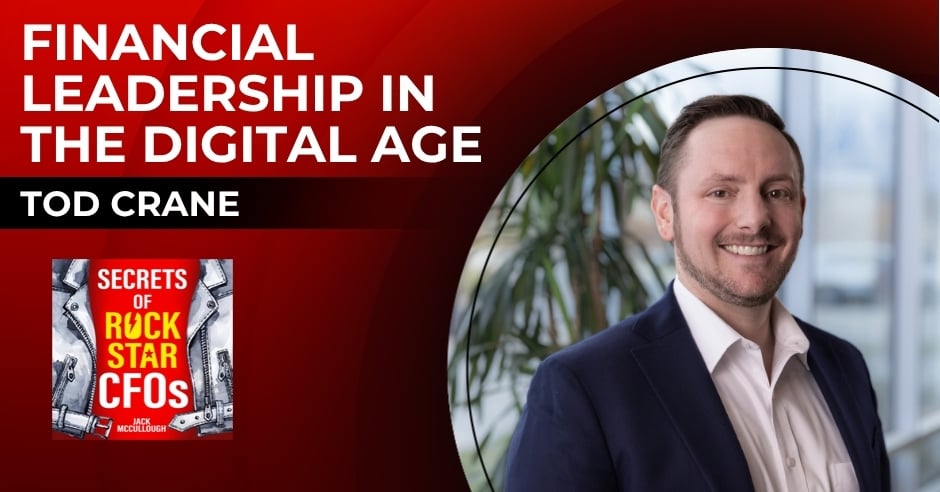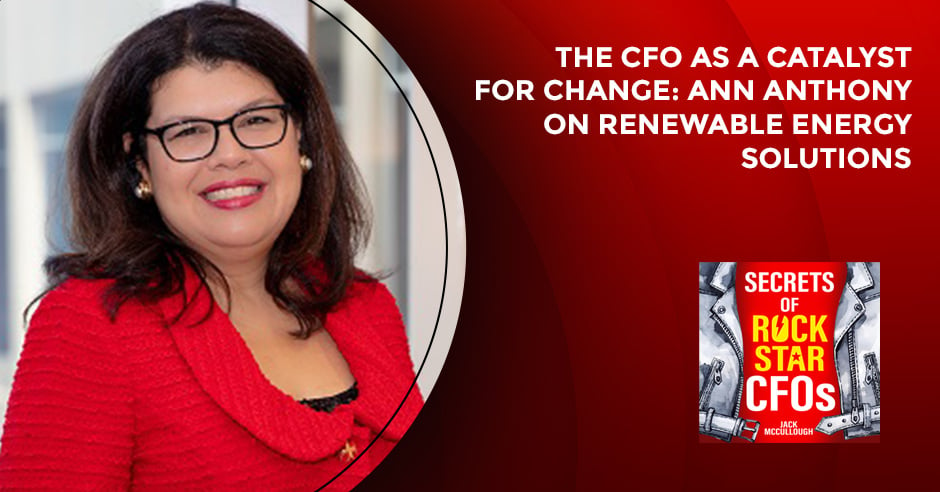Running finance while being a company co-founder means more responsibility, but it’s also about letting go, says Konstantin Dzhengozov, CFO of Payhawk, Bulgaria’s first unicorn.
Dzhengozov, an alumnus of KPMG in Bulgaria, was working in FP&A at Bulgarian tech company Telerik when Progress Software acquired it in 2014. The $264 million merger triggered the development of an entire Bulgarian tech ecosystem, Dzhengozov says.
Choosing to stay in Bulgaria instead of joining Progress in the U.S., Dzhengozov worked in the VC world and then invested in and became the third co-founder of Payhawk. With his finance background, running finance fit. But what is it like being a co-founder and CFO at the same time? In an interview with Katie Kuehner-Hebert, Dzhengozov explains how each role influences the other and why the two require distinct sets of skills.
How does your role as a co-founder impact your role as CFO?
As a co-founder, I’m deeply invested in every part of the business, not just the numbers but also the narrative behind them. I think and act as an entrepreneur all the time: How are we building long-term value? What risks are we taking, and are they intentional? What are we doing today that moves the business forward in a meaningful way?
Being a co-founder fundamentally reshapes how you approach the CFO role. You’re not just managing capital; you’re helping create the blueprint for how the company grows, competes and leads. It gives you a much deeper connection to the “why” behind the numbers, and it forces you to balance short-term financial discipline with long-term vision constantly.
As CFO, that mindset translates into a broader role than traditional financial stewardship. I’m involved in product economics, capital strategy, pricing and go-to-market experimentation. I also spend time with customers because understanding their evolving needs helps us stay ahead.
Did you find anything surprising about performing both roles?
The founder’s lens helps me connect finance to strategy and ensure we’re investing in the right bets. I am committed to running lean and efficiently, while also looking ahead to our strategic goals and aspirations.
What surprised me most was how being a co-founder changed my relationship with risk. As a CFO, you’re often the voice of caution, the one raising red flags. But as a co-founder, you’re also responsible for pushing the company into uncharted territory. I’ve had to learn when to be the conservative finance voice and when to say, “Yes, this is a bet worth making, even if it’s uncomfortable.”
In short, being a co-founder means you don’t just manage the company’s financial health; you help shape its ambition.
What advice do you have for CFOs who are interested in becoming founders or co-founders?
The best advice I can give is not to wait to be “ready.” If you have the instinct to build, follow it. CFOs have a unique advantage—clarity around business models, capital efficiency and value creation—but founding a company also requires embracing risk and uncertainty.
You will have to let go of perfectionism. Startups move fast, and not every decision will be backed by a perfect dataset. You will need to become comfortable making calls with 70 percent confidence and adjusting as you learn.
The most important thing I’ve learned is that being a successful CFO doesn’t automatically make you a successful founder. They’re related but are distinct skillsets. Stay humble, be prepared to learn constantly and remember that your financial acumen is just one piece of what makes a company successful.
Finally, surround yourself with co-founders and early team members who complement your strengths and weaknesses. You can’t do it all alone, but you do need to have a deep belief in the problem you’re solving and the conviction to build through rejections. We were told “no” more than 60 times by VCs before reaching unicorn status.
Payhawk became Bulgaria’s first unicorn and has recently expanded to the United States. What were some of the key financial or strategic decisions that helped drive international expansion?
Many doubted we could compete with incumbents already backed by major funds. However, we focused relentlessly on two key objectives: building a world-class global product that addresses real customer pain points and maintaining strong unit economics from the outset.
One of the most strategic decisions we made was to scale with discipline, not hype. We expanded into the EU and the UK, reaching a customer base of more than 32 countries. We achieved this by staying close to customer needs and iterating quickly.
When we decided to enter the U.S., we knew success wouldn’t come from simply copying and pasting our playbook. The number of European startups that fail to break into the U.S. far outweighs those that succeed.
So, we initially treated the U.S. as an experiment, rather than a rollout. We kept our go-to-market model agile until we found the right fit. Now that we have it, we are focused on executing on our vision and strategy with precision.








